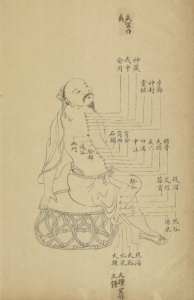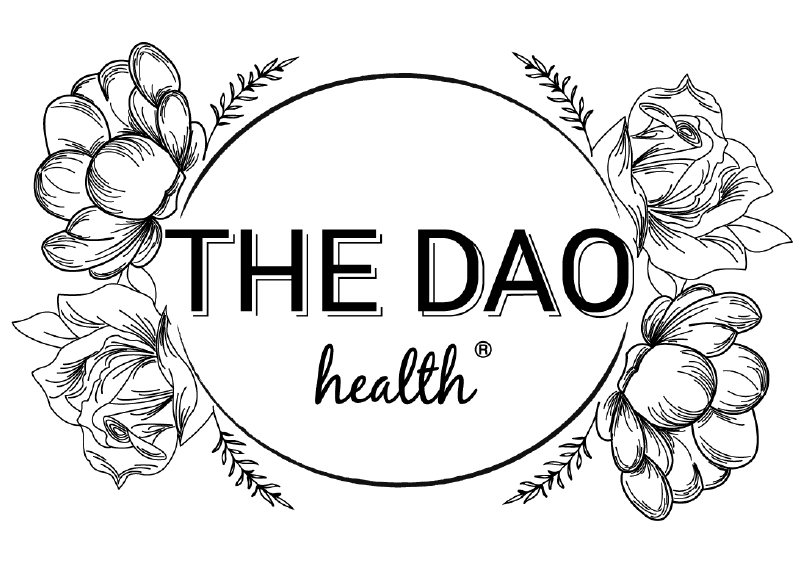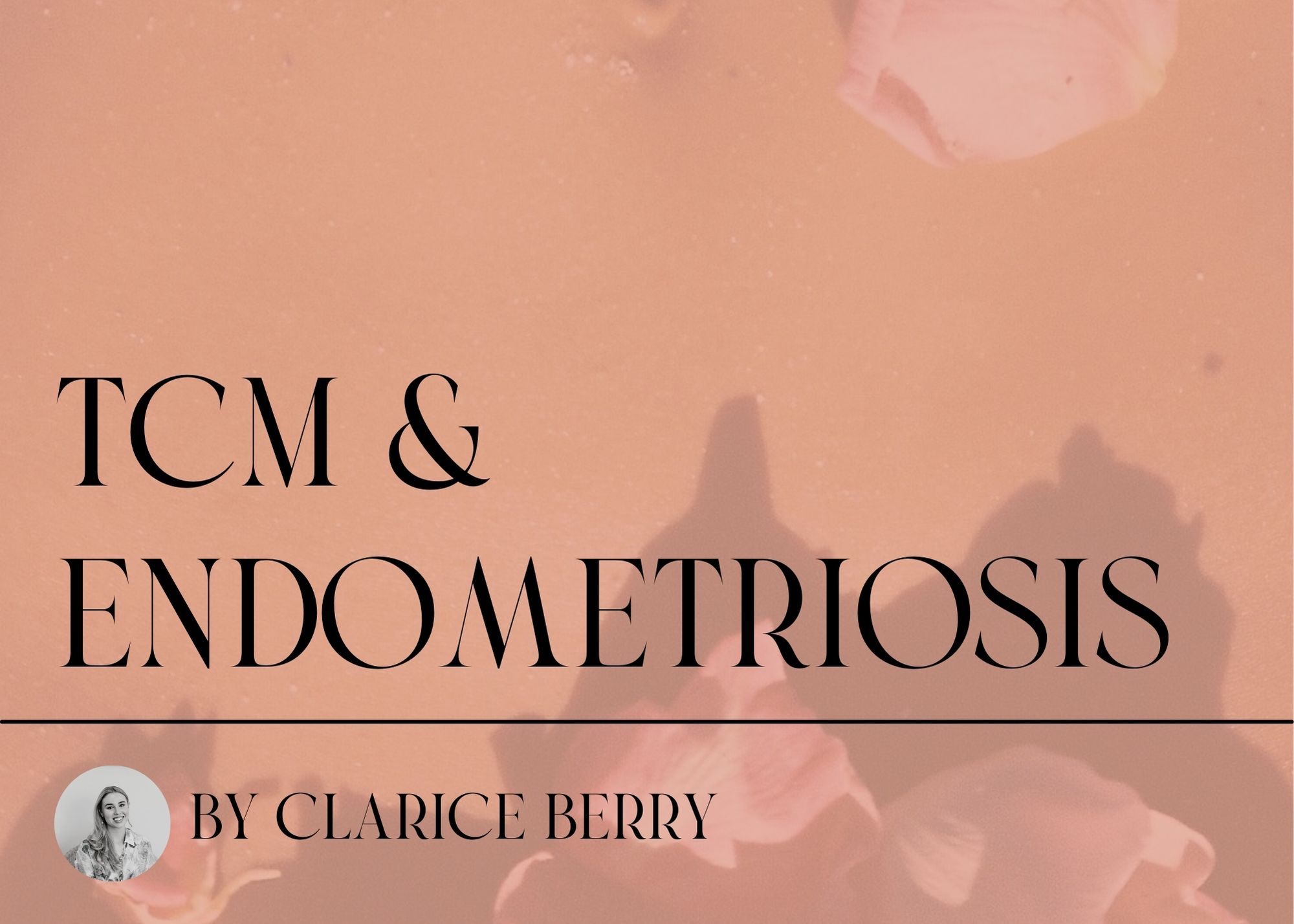What is Endometriosis?
Endometriosis is a progressive and debilitatingly painful reproductive disorder that affects 1 in 9 Australian women of reproductive age. Endometriosis is the presence of tissue and cells similar to that found in the endometrium (uterine lining) which actively grows and functions in widespread areas of the pelvis, including the ovaries, fallopian tubes, rectum, bladder, uterine wall, sigmoid colon and has even been found in a small percentage of women in the chest cavity.
What are the Symptoms of Endometriosis?
Endometriosis is a whole-system inflammatory disorder that is characterized foremost by moderate-to-severe pelvic pain and can, unfortunately, lead to subsequent fertility problems with over 50% of the population who have sub-fertility also having a diagnosis of endometriosis (1, 2). It is estimated that a diagnostic delay of 6.4-8 years occurs in women with endometriosis, which is inherently challenged by the diversity in symptoms including, but not limited to, generalised pelvic pain, lower back pain, nausea, dizziness, pain on defecation and/or urination, changes in bowel movements (diarrhoea, constipation), pain during or after intercourse (dyspareunia), irregular bleeding, heavy menstrual periods, ovulatory pain and fatigue.
Another complexity in diagnosis is that some women with endometriosis are asymptomatic, and only discover they have endometriosis after facing challenges when attempting to conceive post laparoscopic surgery (which is considered the gold standard of diagnosis of endometriosis).
It is important to recognise that whilst it is common for women to experience period pain, it is not always normal, and as we all have differing levels of pain tolerance, it can be difficult to distinguish what is considered a ‘normal’ level of discomfort during a menstrual bleed and what is pathological. Menstrual bleeds can cause some mild discomfort, however, period pain that is debilitating in nature and that prevents you from performing your usual activities is not normal and may be a sign of endometriosis and should seek further advice from your healthcare provider.
Aetiology
Despite its prevalence, the pathogenesis of endometriosis is still not yet fully understood and there are several underlying theories that are thought to cause endometriosis, including;
- autoimmune and genetic factors (with females being at an increased risk of developing endometriosis if a mother or sibling has the condition)
- retrograde menstruation (the theory that describes the backflow of menstrual blood into the pelvis leading to endometrial cell adhesion outside of the uterus)
- inflammation and immunologic factors (with increased immune and macrophage cell function and dysregulated T-cell and NK cell response)
- increase hormone receptor sensitivity and function (as endometrial tissue growth is stimulated by a prolific hormonal environment)
Further research is still being conducted in the aetiology of endometriosis which will further improve the current methods of treatment.
How Does Traditional Chinese Medicine Treat Endometriosis?
Acupuncture and Traditional Chinese Medicine have become better renowned amongst the medical community of gynaecology and women’s health as an adjunct therapy to support those with diagnosed or suspected endometriosis to reduce the frequency and intensity of endometriosis-related pain and symptomatology and those who are trying to conceive naturally or with assisted technologies.
Chinese medicine, however, has long recognised the importance of the menstrual cycle as a fundamental pillar of a woman’s overall health and well-being and has treated painful and irregular periods through the modalities of Chinese herbal medicine and acupuncture for centuries.
The principal focus in Chinese medicine is ensuring the smooth flow of the vital substances of Blood and Qi (energy) throughout the body’s internal organs and meridian systems (energetic pathways that flow along the external internal surface of the body), to optimise health and wellbeing and prevent disease.
There is a classical saying in Chinese medicine; “Where there is stagnation, there will be pain”, thereby if there is a disruption to or ‘holt’ in the flow of Qi and Blood through the body there will be discomfort and pain. On a basic level of understanding, endometriosis is caused by a stagnation of Qi and Blood in the reproductive organs and several of the meridian systems, including Chong Mai (Sea of Blood Vessel) Ren Mai (Conception Vessel), Bao Mai (Uterus Vessel) and the Spleen, Liver and Kidney Meridian Systems).

Treatment fundamentally aims to move this Qi and Blood stagnation in the pelvis to promote a smooth and pain-free menstrual cycle and optimise the environment of the reproductive organs for the purposes of conception and implantation.
What does the research say?
A systematic review and meta-analysis conducted by Yang Xu et al. examined several randomised control trials that investigated the effectiveness of acupuncture for endometriosis-related pain and found that acupuncture reduced pain and serum levels of CA125 levels (a marker often elevated in those with endometriosis).
Another 2011 systematic review determined the effectiveness and safety of acupuncture for pain in women with a laparoscopically-confirmed diagnosis of endometriosis and found that dysmenorrhea scores were lower in women who received acupuncture compared to placebo acupuncture; similarly, auricular acupuncture (ear acupuncture) significantly reduced pain in cases of severe dysmenorrhea.
One small 2021 meta-analysis by Dong et. al, looked at the results of 11 articles on the effectiveness and safety of traditional Chinese herbal medicine for the treatment of endometriosis-induce infertility and found that there were higher response and pregnancy rates in those treated with Chinese herbal medicine than the control group. Similarly, another systematic review conducted in 2011 observed the efficacy of Chinese herbal medicine for infertility and found that; of the 8 randomised control trials, 13 cohort studies, 6 case studies and 3 case series; Chinese herbal medicine showed an increase in the likelihood hood of pregnancy in a four-month period compared to western medicine and an increase in the mean pregnancy rate compared with standard western drug therapy; with a mean clinical pregnancy rate of 50% using herbal medicine compared to 30% with IVF treatment.
Treatment with Acupuncture and Chinese Herbal Medicine
Traditional Chinese medicine will utilise a variety of modalities during treatment, including acupuncture, Chinese herbal medicine, moxibustion therapy, massage, Chinese dietetics and additional vitamins and supplementation. Treatments are often scheduled alongside the menstrual cycle, optimally before ovulation and before the menstrual bleed or onset of symptoms; and for women who do not have regular periods or who are using additional long-acting forms of contraception such as intrauterine devices (IUD’s) or oral contraceptive pill’s (OCP’s), treatments are often scheduled weekly-fortnightly or prior to the onset of pain or symptoms.
The current western treatment and management of endometriosis involves both medical treatment and laparoscopic surgery, despite these routes of treatment, there is a high recurrence rate of endometriosis symptoms which increases from 10% at year 1 post-treatment to 45% post 5 years of treatment. This is where Chinese medicine can be very effective to reduce the intensity and frequency of pain and associated symptoms, reduce the incidences of reoccurrence, reduce systemic inflammation, calm the central nervous system, improve quality of life and providing additional mental health support for those who may be experiencing anxiety, low-moods and depression which is unfortunately prevalent in many women with this chronic condition.
If you or someone you know has been diagnosed with endometriosis or is suspected to have endometriosis, please ensure you touch base with a qualified Chinese Medicine Practitioner, Acupuncturist and Herbalist who has a special area of interest in women’s health and reproductive disorders. Traditional Chinese medicine is a fantastic modality and can work alongside your obstetrician, fertility specialists and allied healthcare providers to provide relief from endometriosis-associated pain, and symptoms and support your future fertility desires.
~ Written by Clarice Berry
- Armour M, Avery J, Leonardi M, Van Niekerk L, Druitt ML, Parker MA, Girling JE, McKinnon B, Mikocka-Walus A, Ng CHM, O’Hara R, Ciccia D, Stanley K, Evans S. Lessons from implementing the Australian National Action Plan for Endometriosis. Reprod Fertil. 2022 Jun 30;3(3):C29-C39. doi: 10.1530/RAF-22-0003. PMID: 35928674; PMCID: PMC9346321.
- Course Notes, Module 8, Endometriosis, Clinical Reproductive Medicine
- Agarwal, S.K. et al. (2019) “Clinical diagnosis of endometriosis: A call to action,” American Journal of Obstetrics and Gynecology, 220(4). Available at: https://doi.org/10.1016/j.ajog.2018.12.039.

